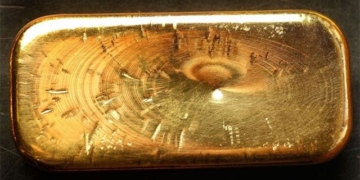The neurological damage caused by ecstasy, also known as MDMA or synthetic drugs, can last up to 5 days if accompanied by loud music and noise, such as in nightclubs or dance halls.
 |
| Forms of Ecstasy pills by dosage. (Image: BBC, VNE) |
Ecstasy has become a favorite among nightclub goers, where the atmosphere is charged with strobe lights and pulsating music. The drug stimulates the nervous system, creating feelings of euphoria and vitality. Numerous studies worldwide have acknowledged that long-term use of ecstasy can lead to memory loss and neurodegeneration.
The Institute of Neuroscience in Catanzaro, Italy, has investigated the effects of ecstasy on brain activity in the presence of music using mice. The results indicate that at low doses, ecstasy does not alter brain activity in the absence of music. However, when stimulating sounds are introduced, the overall electrical activity of the brain significantly decreases.
At high doses, ecstasy can reduce brain function even without music, but this adverse effect lasts only for 1 day, according to lead researcher Michelangelo Iannone. If the brain is subjected to the additional stimulation of loud and aggressive music, the duration of this effect can extend up to 5 days.
Ecstasy was first synthesized in 1910. Two years later, it was acquired by the German pharmaceutical company Merck as an appetite suppressant. It wasn’t until the mid-1980s that ecstasy began to be used as a recreational stimulant.
My Linh (according to BBC)




















































